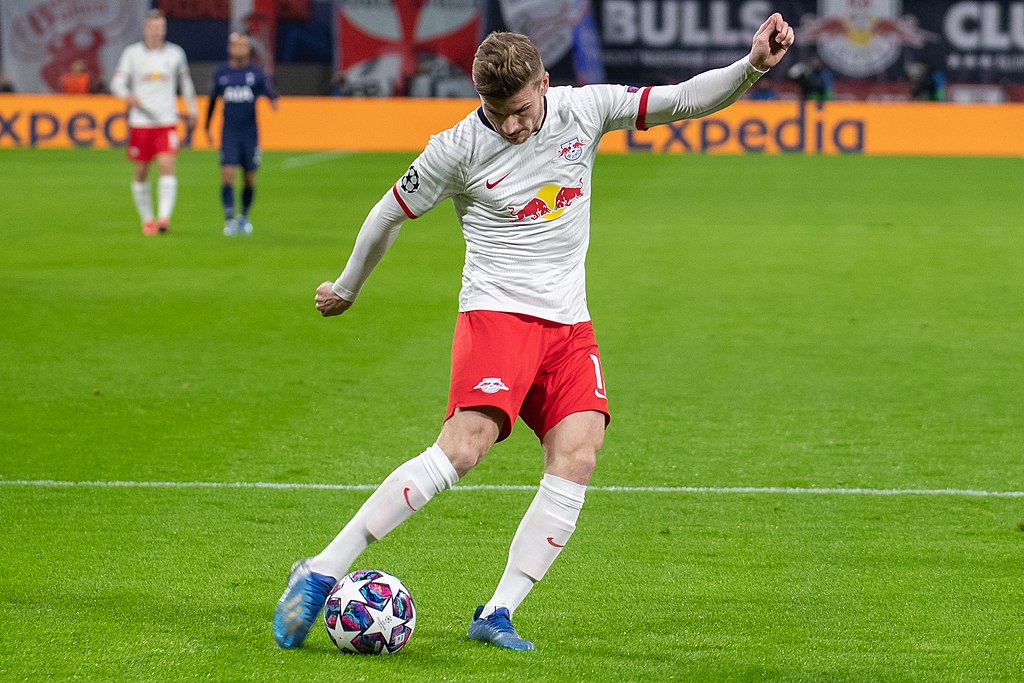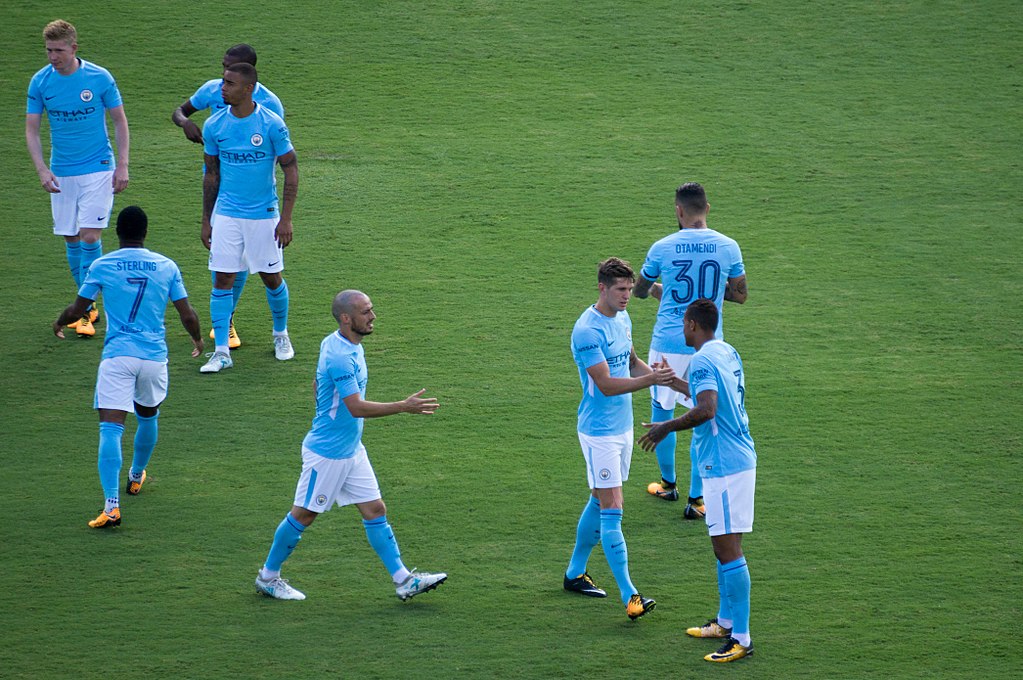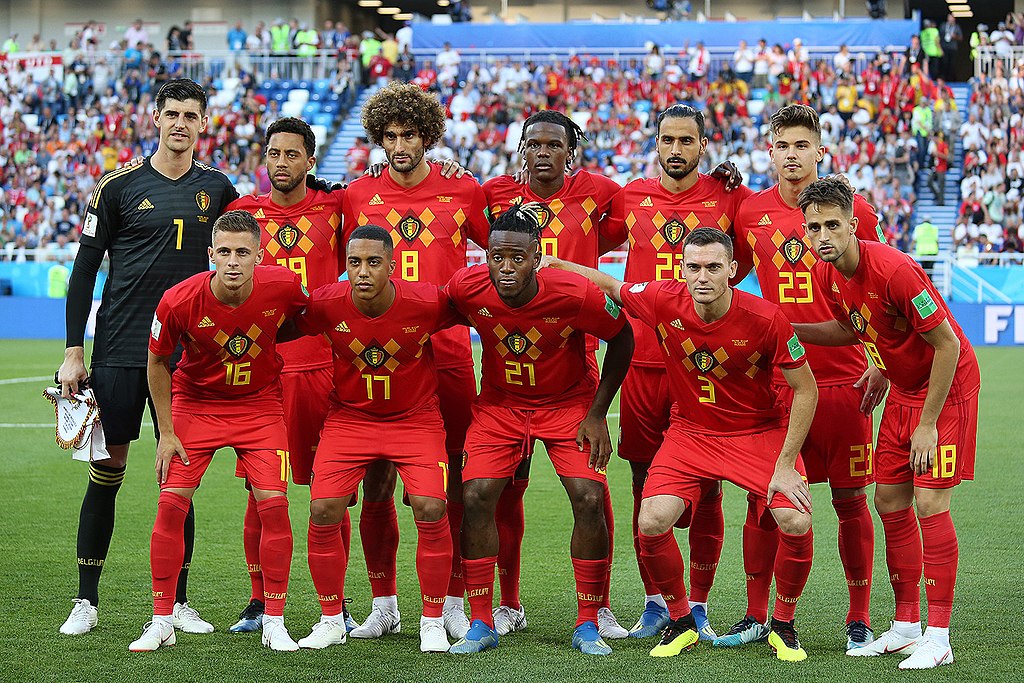
In exactly one year, the 2024 European Championship will kick off. For the hosts, Germany, this represents a great chance to announce themselves on the global stage again after a decade of frustration. In 2014, they won the World Cup, but they struggled in the two Euros that followed and couldn’t even make it out of the group in the two World Cups that followed.
Germany has, on paper, very good chances. Manager Hansi Flick won the treble with Bayern Munich and, despite his struggles in Qatar, has clearly improved the team since the days of Joachim Löw. Homefield advantage will be key, as German fans are known for their passion and energy. Perhaps most exciting is Germany’s next generation: Jamal Musiala, Florian Wirtz, and Karim Adeyemi are just some of the talented German prospects breaking through. There is one big problem for Germany, though: they don’t have a striker.
For years, Miroslav Klose led the lines, retiring as the record World Cup scorer in 2014. That became a problem in the 2016 Euros, as Mario Götze, Thomas Müller, and Mario Gomez each featured up top as Germany lost in the semis. In the 2018 World Cup, Timo Werner led the line as they went out in the group stage.
In the 2020 Euros, they alternated between Serge Gnabry and Werner and lost in the Round of 16. Most recently, in the 2022 World Cup, they rotated between Müller, Kai Havertz, and Niclas Füllkrug, again losing in the group stage.
If Germany is to impress at the Euros, they’ll need to solve their problems at striker — something easier said than done. Here are some options for 2024:
The Out-of-Position Guys: Gnabry, Adeyemi, and Havertz
This is what Germany has done recently — no real striker? Just don’t use one.
Bayern Munich’s Serge Gnabry featured as the lone striker in the 2020 Euros but failed to score a single goal. Gnabry causes problems for the defense with his pace and dribbling, but his finishing is not the best and he tends to be inconsistent.
Borussia Dortmund’s Karim Adeyemi can play as a striker, but he tends to feature (like Gnabry) on the wings. The reason? His blistering pace helps him beat defenders, as shown in his wonderful solo goal against Chelsea. Injuries have prevented him from solidifying his spot in Flick’s squad, though, so it’s unclear where he would feature for Germany.
Chelsea’s Kai Havertz featured as a CAM in the Bundesliga, but since moving to Chelsea he has become more of a striker. However, he’s not been as consistent as Chelsea wants, which is why the club is allegedly putting him up for sale this summer. He was less than convincing in Qatar but did score a brace in Germany’s final match.
The Favorites: Füllkrug, Werner, and Moukoko
These are the actual strikers considered the main options for the tournament.
Werder Bremen star Niclas Füllkrug was the surprise star for Germany in Qatar. A traditional target man, the big German found the net twice, scoring the winner against Costa Rica and the equalizer against Spain. Germany looked much better with him on the field, but he has yet to cement a spot on Flick’s team.
Leipzig’s Timo Werner was expected to start in Qatar but an injury ruled him out of the tournament. Quite frankly, it probably didn’t make much of a difference, as Werner has lost all confidence since his move to Chelsea in 2020. However, on his day, the pacy striker can cause problems for the opposition.
Dortmund’s Youssoufa Moukoko has been in the headlines after accusations that he lied about his age, with reports saying the 18-year-old is actually 22. However, those reports have not been confirmed and it shouldn’t really matter: either way, he’s fast and a nuisance to deal with, and has impressed with his limited appearances. If he has a strong season in the Bundesliga, Moukoko could definitely start in the Euros.
Hear Me Out: Volland, Undav, and Berisha
These are players not considered to be options but who should definitely be considered.
Monaco’s Kevin Volland starred for nearly a decade in the Bundesliga before making the move to Ligue 1, where he has struggled. Injuries have plagued the 30-year-old but Volland is still one of the best options Germany has. He has a nose for the goal, scoring 77 times in the German top flight, but he’s never really been given a chance internationally.
Brighton’s Deniz Undav has enjoyed a rapid rise to the top, going from the third tier of Germany to the Premier League in just two years. After a prolific season in Belgium, he impressed in limited opportunities with Brighton last season. He’s essentially a poacher, hanging around the box to put in rebounds. He’s not the best striker in the world, but he consistently finds the net from rebounds, an underrated ability.
Augsburg’s Mergim Berisha is trying to earn a spot in the German team after a strong season in the Bundesliga. Prior to that, he starred in Austria but struggled in Turkey, and he will return to Fenerbahce after his loan expires this summer. A presence in the box and a good finisher, Berisha is a well-rounded striker who is a great fit in Flick’s side.
–
Image Courtesy of Steffen Prößdorf, CC BY-SA 4.0, via Wikimedia Commons.




